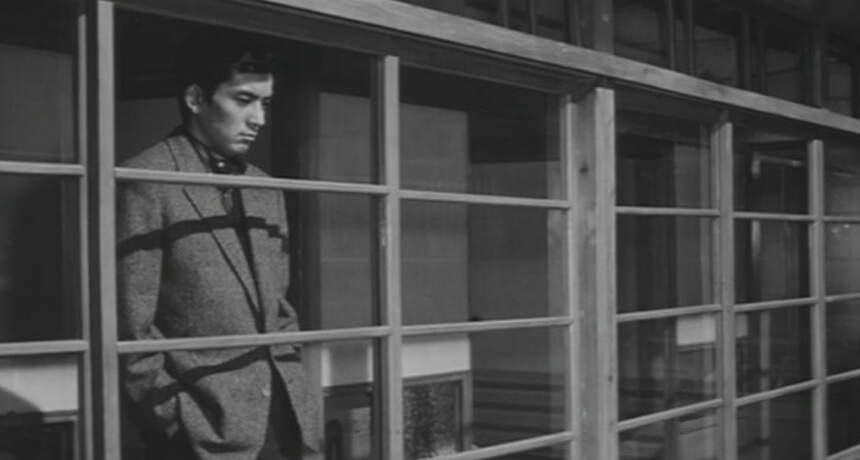|
One of the greatest films of all time dealing with the complexities of desire, emotional repression, and the false binary between altruism and egoism, Mikio Naruse's Yearning is a film of multitudes. A masterfully constructed story which is graceful in execution, Yearning relies on the rich, complexity of its characterizations to reinforce the ways it details the nature of affection - a powerful force in which a fragile line sits between gratification and self-destruction. The repression of desire and general sense of sexual tension throughout Yearning is palpable yet the film is far from sensual, mimicking its central protagonist's arch in exhibiting a reserved temperament, though underneath this veneer the fires of affection and desire burn bright. Hideko Takamine's central performance as Reiko is masterful, and the fulcrum of this film's devastating emotionally arch - a character whose lost so much due to violence yet she remains subjugated by the social forces of society that aim to dictate what is acceptable or proper. Set in post-war Japan, the film is incisive about this epoch, featuring an underlying commentary about the growing clash between tradition and modernity, both economically and socially, as this rapidly changing culture begins to be flooded by the forces of commercialization and mass consumption. This commentary intertwines seamlessly with this central love story, as Reiko's actions are informed largely by what took place during the war; post-war's quick changing landscape intrudes and threatens her identity which feels permanently linked to tragedy. Her inability to move on is told with empathy and understanding, with the brooding sexual tension and unspoken desire ultimately being repressed due to her allegiances to her past. A rich, textured work.
0 Comments
Leave a Reply. |
AuthorLove of all things cinema brought me here. Archives
June 2023
|

 RSS Feed
RSS Feed
